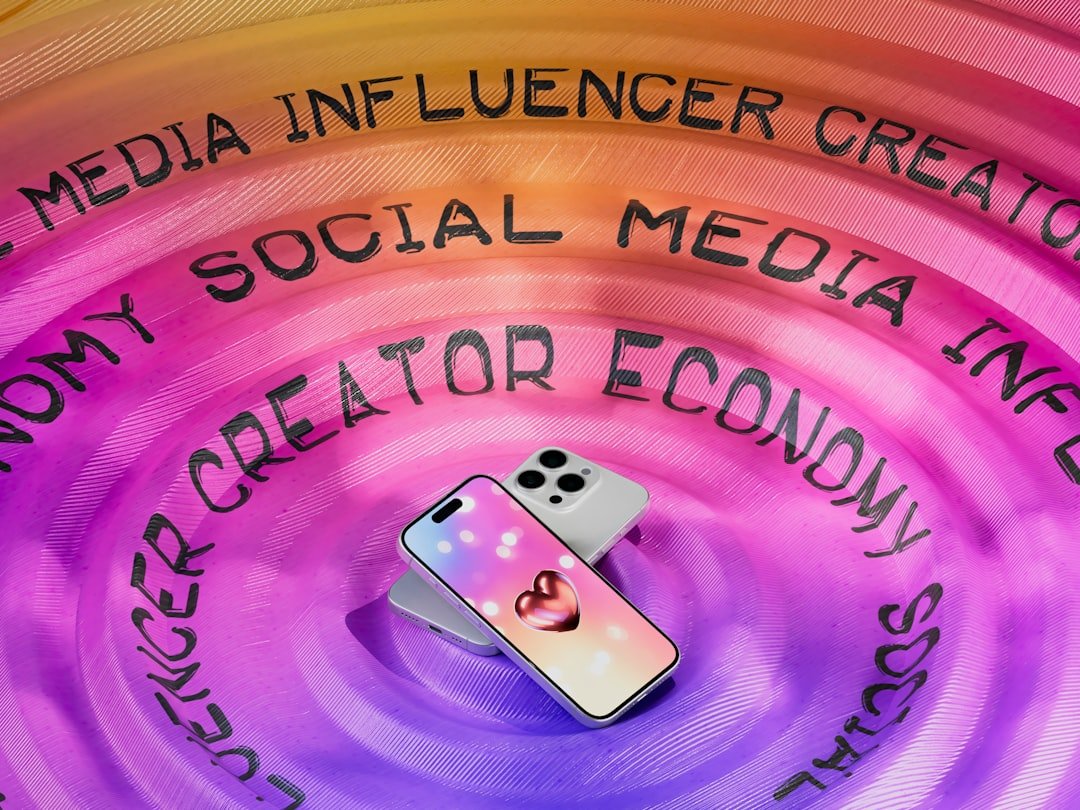The Impact of AI-Generated Content on Social Media Engagement
The digital landscape is constantly evolving, and one of the most significant recent developments is the rise of artificial intelligence (AI) in content creation. AI-generated content, from compelling captions to eye-catching visuals, is rapidly transforming how businesses and individuals interact with social media. This begs the crucial question: what is the true impact of AI-generated content on social media engagement, and is it a force for good or a potential detriment?
This article delves into the multifaceted effects of AI-generated content on social media, exploring its benefits and drawbacks, and offering insights into how to harness its potential effectively. We’ll examine the ways AI can boost engagement, its potential pitfalls, and the strategies for using AI responsibly and ethically.
The Rise of AI-Generated Content on Social Media
The availability of sophisticated AI tools capable of generating various content formats—text, images, videos—has democratized content creation. Businesses, especially those with limited resources, can leverage AI to produce high-quality posts, ads, and stories at scale. Influencers also utilize AI to streamline their workflows, creating more content in less time. This increased output leads to a higher frequency of posting, a key factor in maintaining social media visibility and engagement.
AI tools offer various benefits beyond sheer productivity. Some can analyze trends and audience preferences, suggesting optimal posting times and content themes. Others can personalize content, tailoring messages to resonate with specific demographics or individual user interests. This level of personalization can significantly improve engagement rates.
Boosting Engagement: The Positive Impacts of AI
AI-generated content can positively impact social media engagement in several ways:
- Increased Content Volume: AI allows for consistent posting, keeping audiences engaged and fostering brand recall.
- Improved Content Quality: AI tools can analyze successful posts and identify key elements, helping create consistently high-performing content.
- Enhanced Personalization: AI-powered personalization ensures content resonates more deeply with individual users, increasing the likelihood of interaction.
- Targeted Advertising: AI algorithms can optimize ad campaigns by identifying the most receptive audiences, leading to higher conversion rates.
- Automated Responses: AI-powered chatbots can provide instant customer support, enhancing user experience and building brand loyalty.
The Potential Downsides: Ethical and Practical Considerations
While AI offers exciting possibilities, it’s crucial to acknowledge potential downsides:
- Lack of Authenticity: Over-reliance on AI can lead to generic, impersonal content that fails to connect with audiences on an emotional level.
- Ethical Concerns: Issues of plagiarism, copyright infringement, and the spread of misinformation need careful consideration.
- Dependence and Skill Degradation: Over-dependence on AI tools might hinder the development of human creativity and critical thinking skills.
- Algorithmic Bias: AI algorithms trained on biased data can perpetuate harmful stereotypes and inequalities.
- Decreased Human Interaction: Excessive automation could diminish the human element of social media interaction, potentially weakening community building.
Strategies for Responsible AI Use in Social Media
To maximize the benefits and mitigate the risks associated with AI-generated content, consider these strategies:
- Human Oversight: Always review and edit AI-generated content to ensure accuracy, authenticity, and ethical compliance.
- Data Privacy: Prioritize user privacy and comply with all relevant data protection regulations.
- Transparency: Be upfront about the use of AI in your content creation process.
- Diversify Content Sources: Don’t rely solely on AI; incorporate human-generated content to maintain authenticity and creativity.
- Continuous Monitoring and Improvement: Regularly analyze the performance of your AI-generated content and adjust your strategies accordingly.
Conclusion
The impact of AI-generated content on social media engagement is multifaceted and complex. While AI offers powerful tools for increasing efficiency, improving personalization, and enhancing content quality, it’s crucial to use it responsibly and ethically. By carefully considering the potential pitfalls and employing best practices, businesses and individuals can harness the power of AI to elevate their social media presence and foster genuine connections with their audiences. The key lies in striking a balance between leveraging AI’s capabilities and retaining the authentic human touch that resonates most effectively with social media users.








